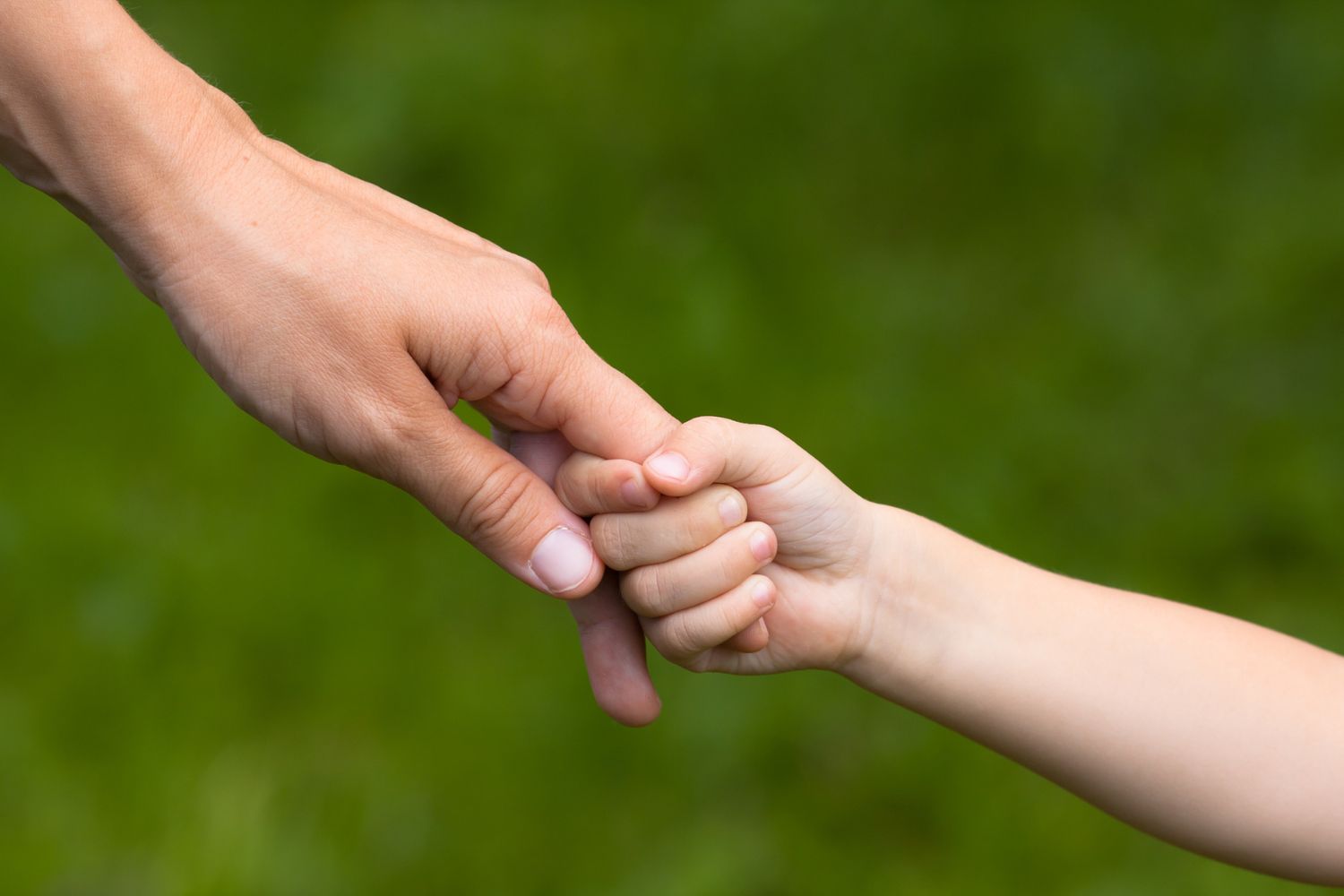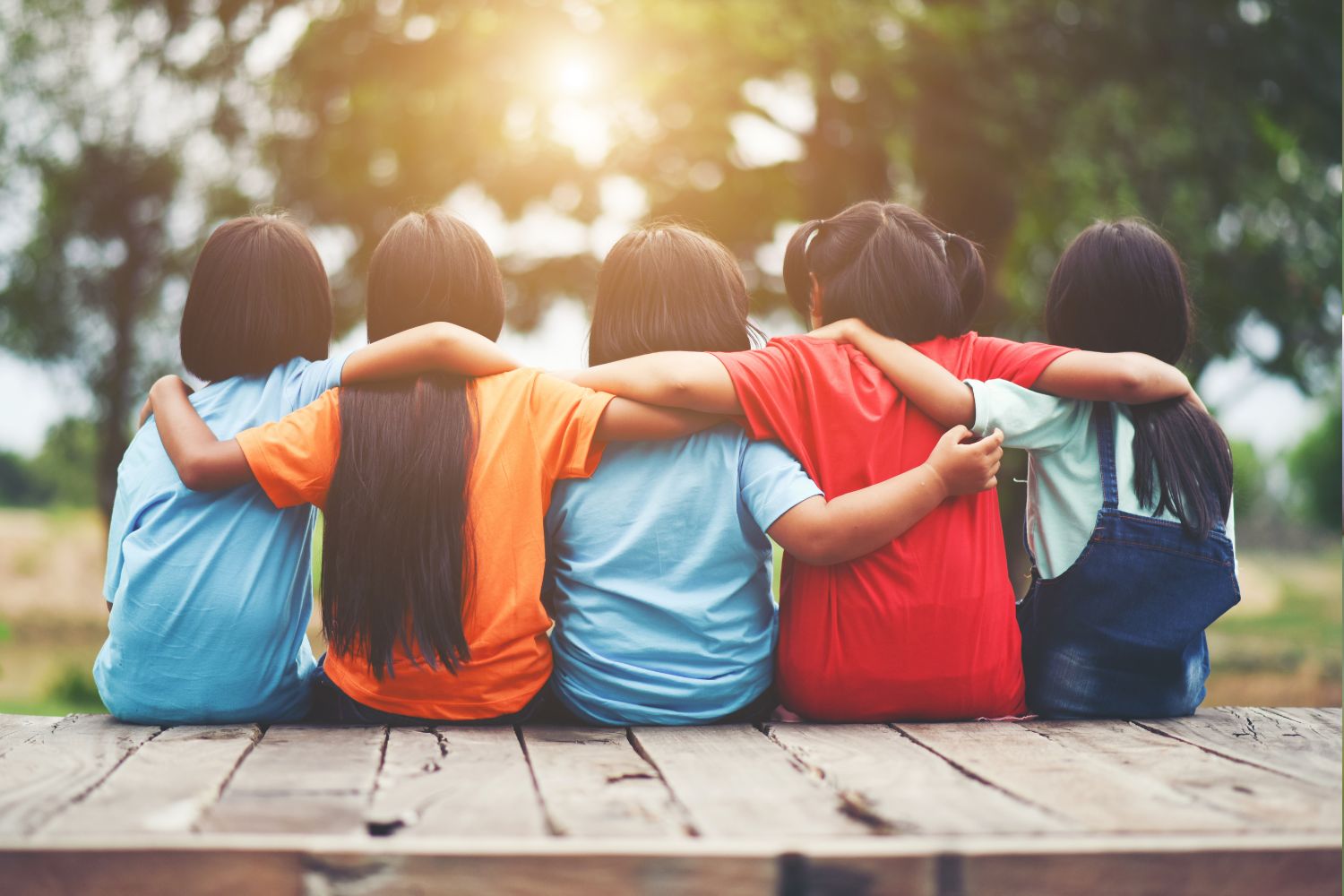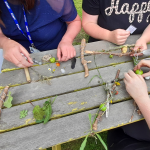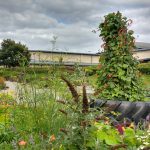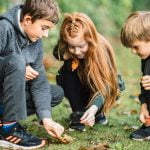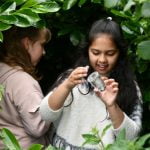How schools can use the outdoors to help children cope with uncertainty
We live in an age of uncertainty, and it can be hard on children. We explore how schools can use the outdoors to help pupils cope.
Life is full of uncertainty. Moving house, health troubles, relationship problems, the news — our daily lives are rarely straightforward. Uncertainty is anxiety-inducing for everyone, but over time, we can develop skills and tools to manage it.
Sadly, children are particularly vulnerable to the mental health impacts of uncertainty. Although we try to shield children from the unpredictability of life, it isn’t always possible. Research shows that even the youngest in society can recognise and respond to uncertainty. However, they rarely have the skills to manage it, and this can have devastating consequences for mental wellbeing.
That’s why it’s important that adults support children through times of uncertainty, and arm young people with the tools to manage it in the future. One of the simplest ways for schools to do this is by taking children outdoors.
How outdoor learning and play help with uncertainty
There is a wealth of evidence which shows how outdoor learning and play supports mental health and wellbeing. Aside from the obvious benefits of spending time in greenery, outdoor play is an essential part of childhood development. It allows children to explore risk and uncertainty in a safe setting, and teaches them to embrace the unknown rather than shy away from it.
However, schools shouldn’t need an excuse to take children outdoors. Although we’re the biggest advocates for curriculum-based outdoor learning, children need time to reflect and relax as much as anyone else. Time outdoors — away from the demands of daily life — can go a long way towards reducing anxiety during times of uncertainty.
For schools looking to support children through uncertain times, we have a couple of simple suggestions:
Introduce calming outdoor activities into lessons
Anxious children (and adults!) tend to fidget, and it often lands them in trouble. However, fidgeting is an important self-regulation tool — not an indicator of distraction. On the contrary, keeping our hands busy is a wonderful way to expand awareness of the present moment.
Play-based activities like building fairy gardens, modelling wildlife, and creating natural artwork outdoors encourage artistic expression, imagination, and creativity. For a moment of quiet reflection, ask children to work individually before sharing their masterpieces with the class. Alternatively, use these activities as an opportunity to improve social wellbeing by asking children to work in groups.
For teachers willing to introduce managed risk to lessons, outdoor practical crafts like wood whittling and disc weaving are excellent for keeping hands and brains occupied. More importantly, working with craft tools in a safe setting will help children develop their ability to manage risk and uncertainty.
Of course, a problem shared is a problem halved. On occasions when pupils might benefit from sharing their worries, our ‘Talking Tokens’ lesson idea is easily adjusted to facilitate healthy discussion. Instead of using the tokens for debate, children can use them to express concerns or anxieties in a safe space.
Make simple changes to your school grounds
Time outside to play, exercise, and spend quality time with friends is essential for children’s health and wellbeing. Break time should be one of the happiest parts of the school day but, sadly, school grounds are a place of anxiety for many children — partly because outdoor spaces aren’t always designed with inclusivity in mind.
We understand that schools don’t always have the space or resources to make over their outdoor space entirely. However, there are a number of simple, inexpensive things that schools can do to make their grounds into a more welcoming space for children.
Consider using our school grounds audit tool to take inventory of existing space. Then, with that information in hand, look at ways to develop school grounds for the long term.
Solutions don’t have to be state-of-the-art. For example, loose parts play has numerous benefits for improving accessibility and reducing conflict in school grounds. Depending on budget, loose parts could include anything from pine cones to fire pits! Where possible, larger enrichment items like sandpits and play logs also offer a huge range of possibilities for outdoor play and learning.
Through our Local School Nature Grants programme, your school could be eligible for £500 of outdoor equipment plus specialist staff training. For more information about transforming school grounds into inspirational spaces for outdoor learning and play, visit our school grounds archive. Alternatively, let our expert consultants help you out by booking an advisory visit.
Engage children with the natural world
Sometimes, helping children to cope with uncertainty will be as simple as taking them outdoors — not to learn, not to play, but to connect with nature.
Connecting with the natural world can be a powerful experience for children. Spending time in nature may help them to put their worries aside and find a renewed sense of purpose. Schools can take advantage of this by incorporating sensory activities into the school day.
Forest bathing and cloud gazing allow children quiet moments to observe and reflect on the world around them. Similarly, sound walking and barefoot trails encourage children to absorb the natural world by relying on their senses to experience it. Although some of these activities can be used for learning, their purpose is simply nature connection — and, sometimes, that should be enough.
The benefits of immersing ourselves in nature are well documented. For our collective health and wellbeing, we need to recognise time in nature as a right, not a luxury.
Health and wellbeing through outdoor learning and play
If you want to learn more about helping children cope with uncertainty at school, attend our free webinar about improving health and wellbeing through outdoor learning and play. During this session, you will be equipped with ideas to improve health and wellbeing for children and staff through making better use of your outdoor space.
This is the first in an upcoming series of webinars which will cover topics like ‘Building a curriculum around outdoor learning’, ‘Nature connection and understanding’, and ‘Developing your school grounds’.
Sign up to our newsletter for the latest health and wellbeing news, or pick up a copy of our book for the ‘essential guide to teaching and learning outdoors’.


